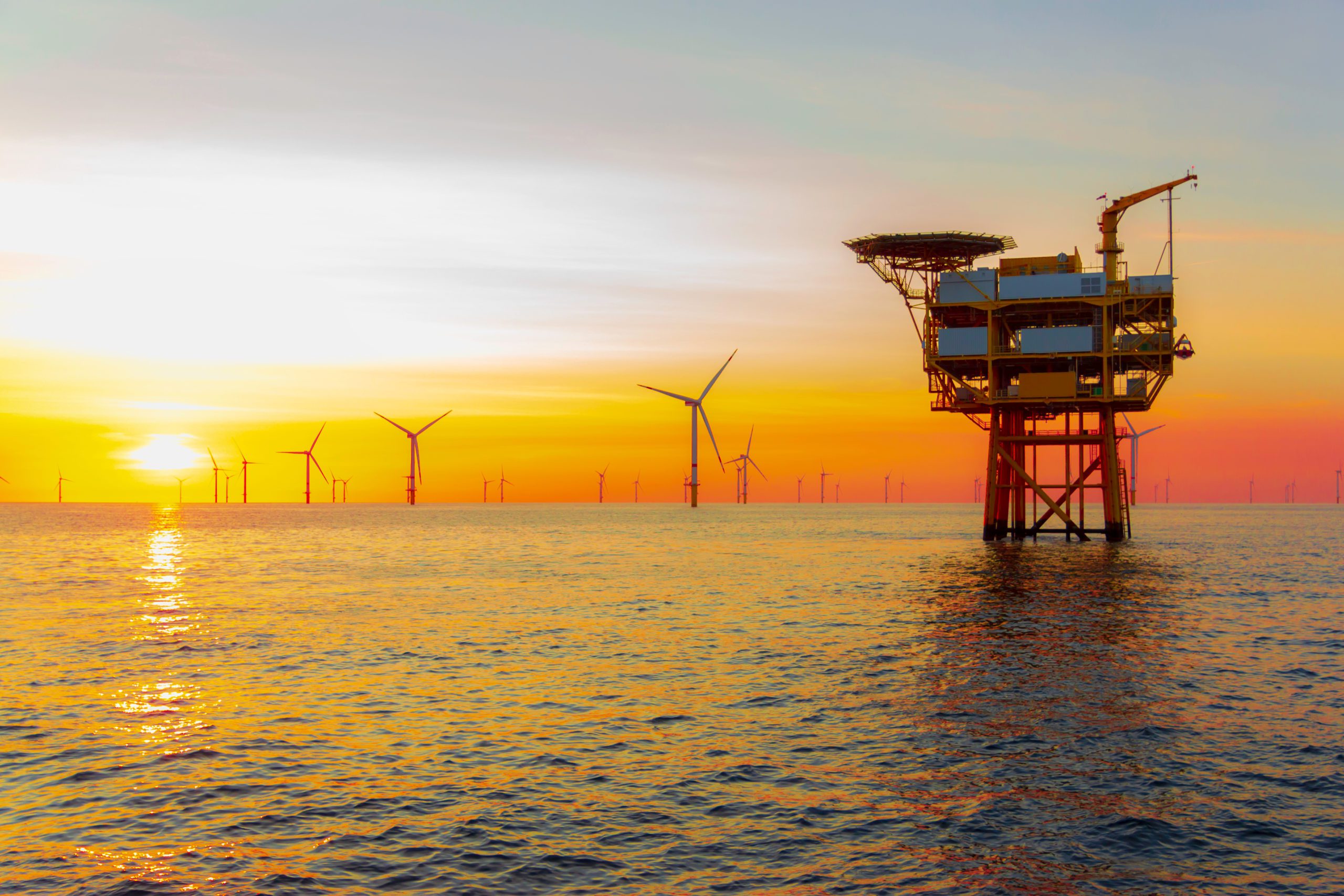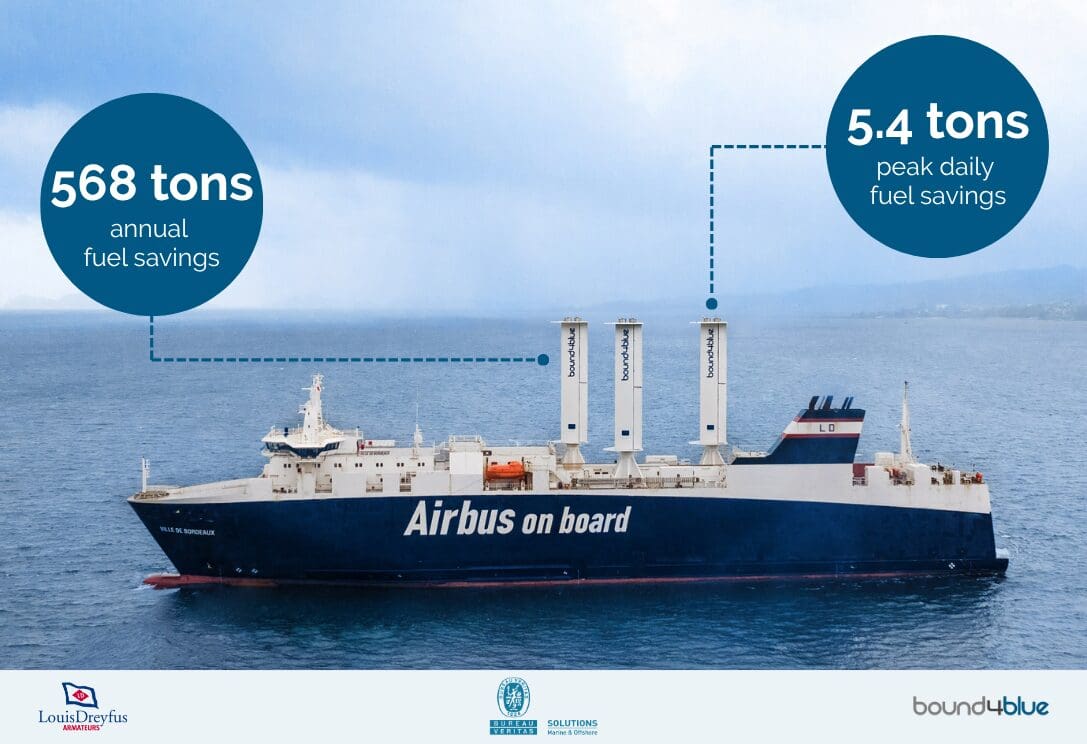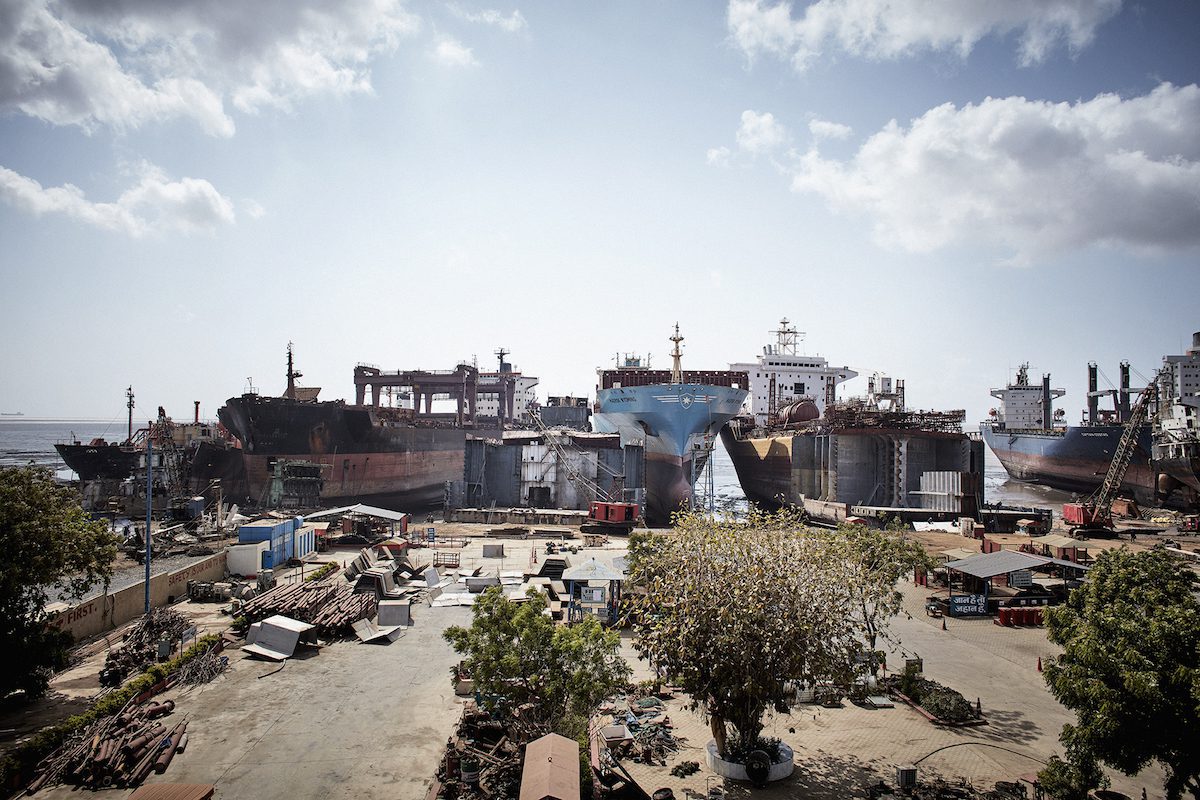by John Konrad (gCaptain) Gunvor, the energy trading firm and shipowner cofounded by sanctioned Russian Oligarch and Putin’s long-time friend Gennady Timchenko, has secured sustainability loans worth $912 million.
The credit facility, which was launched initially at US$500 million in April 2022, got strong support from 23 banks and closed oversubscribed by over 82 percent. Gunvor may upsize the loan thanks to a US$200 million accordion feature to accommodate banks that are interested in providing loan capital after June 2022.
This is the first time Gunvor has borrowed via a sustainability-linked loan structure that tracks key Environmental-Social-Governance (ESG) performance indicators that include climate, energy transition, and human rights.
Also Read: Gunvor Requests Jones Act Waiver to Deliver Gasoline to U.S. East Coast
“We are grateful for the tremendous support from our banking partners during this extremely challenging period of record volatility and uncertainty,” said Gunvor regional CFO Jean Rohr. “Our partners found confidence in our strong financial results, solid liquidity management, and commitment to the energy transition”.
The question remains, however, how much of Gunvor’s past history was investigated by these ESG banks and how energy traders are dealing with increased geopolitical risks moving forward.
Gunvor’s Mixed ESG History
While Gunvor claims it’s no longer connected to Russia – Timchenko sold his stake in Gunvor to his Swedish co-founder, Torbjörn Törnqvist in 2014, the day before Timchenko was included on the United States sanctions list in the wake of the annexing of Crimea by Russia – it did not cut all ties to all controversy after the split.
In 2017, a Swedish Radio documentary showed evidence that Gunvor had been involved in a Belarusian oil smuggling scheme featuring corruption at the highest levels in the Belarus government. In 2019, Gunvor was fined by Swiss authorities for failing to put adequate measures in place to prevent the bribery of foreign government officials.
In March 2020 – in an article titled The inside story of how Putin and his KGB cronies took control of Russia – The Sunday Times published an article based on an 2015 interview with Sergei Pugachev, once known as Kremlin’s banker, linking Gunvor to Russian President Vladimir Putin.
Gunvor is also a central character in last year’s bestselling book The World For Sale by Bloomberg journalists Javier Blas and Jack Farchy which documents the history of ESG-related transgressions by energy traders.
ESG Loan Gets Big Bank Support
“ESG-based financing is the hottest new topic in shipping at the moment,” said one ship banking executive who did not want to be named. “Discount financing is being provided for environmental savings but banks have been slow to index factors like increased ton-miles and the increased carriage of dirty coal because of the war in Ukraine, or geopolitical tensions caused by China.”
China’s CITIC Bank International was, in fact, one of the lead lenders in this ESG deal along with DBS, Natixis, Rabobank, Credit Agricole, Sumitomo Mitsui, and Societe General. Gunvor says the loan will support its ‘global growth strategy’ consisting of geographic expansion, product diversification, and investments along the value chain.
Elon Says ESG Is A Scam
Gunvor’s recent ESG-backed loan brings up the question of what ESG really means and if banks will ever factor in rapidly growing geopolitical factors – including war risk, the carriage of Russian cargo, the carriage of coal, the treatment of Ukrainian seafarers, and what shipping companies are doing to help redistribute food and fertilizer as the world faces potential famine – into ESG calculations.
“If ESG loans help a shipowner reduce emissions by 2%, banks considered that major success,” said the banking executive. “But what happens if that ship owner burns more fuel by sailing faster because of high freight rates or if they turn down a relief food contract to carry dirty coal instead? Will those ESG loans then be retracted? I think it’s unlikely.”
Gunvor’s near billion-dollar loan comes shortly after Elon Musk, who owns several ships via his rocket company SpaceX, called ESG a “scam” on Twitter last month after S&P Global, the manager of a popular ESG index, publicized that it had kicked Musk’s electric car company, Tesla, out of the index while giving high marks to Exxon Mobil, one of the world’s largest producers of fossil fuels.
“While Tesla didn’t make the list!” He added: “E.S.G. is a scam. It has been weaponized by phony social justice warriors.”
Elon is not alone. While shipping – as seen at the recent Marine Money Week conference – is very bullish on ESG (at least the decarbonization side, it still has a long way to go in topics like minority participation at the executive level) Environmental-Social-Governance loans have faced a growing backlash from some political and finance leaders since the Russian invasion. Earlier last month, former Vice President Mike Pence said he wanted to rein in ESG, claiming it promoted left-wing goals over the interests of businesses and their employees. BlackRock, an outspoken leader in sustainable investing, has said it would support fewer shareholder proposals on climate issues because many are too “prescriptive.” And, the private equity executive Steve Schwarzman, among others, blamed E.S.G. as contributing factor to the soaring price of oil.
“I am very positive about the shipping output. I am very worried about the world,” said BW Chairman Andreas Sohmen-Pao, an early investor in shipping-related sustainability companies, at this month’s Marine Money Week conference. “During the last few decades, we’ve built this incredible economic machine. It was built on the back of cheap energy, cheap money, and low-cost labor. And now the system is experiencing a period of unbelievable stress.”
Could Gunvor Do Big Investments Too
While Gunvor did not say publically how the ESG loan will be spent it did later announce investment in a big ESG-related green energy project in Rotterdam. Gunvor said it has signed a joint development agreement to build a green hydrogen import terminal in Rotterdam port by 2026, they said on Tuesday.
The companies’ plan is to receive ammonia generated from renewable sources outside the Netherlands and convert it to hydrogen at the site before distributing it into the Netherlands, Germany, and Belgium, they said in a press release.
Also Read: Energy Trader Gunvor’s Employees Make How Much??
Only time will tell if ESG loans will push companies like Gunvor to be more solid citizens of the shipping industry and help push companies to invest in big projects like green hydrogen or if, as Elon Musk suggests, ESG loans will incentivize the wrong types of companies and corporate behavior.
Also Read: Gunvor Requests Jones Act Waiver to Deliver Gasoline to U.S. East Coast

 Join The Club
Join The Club











